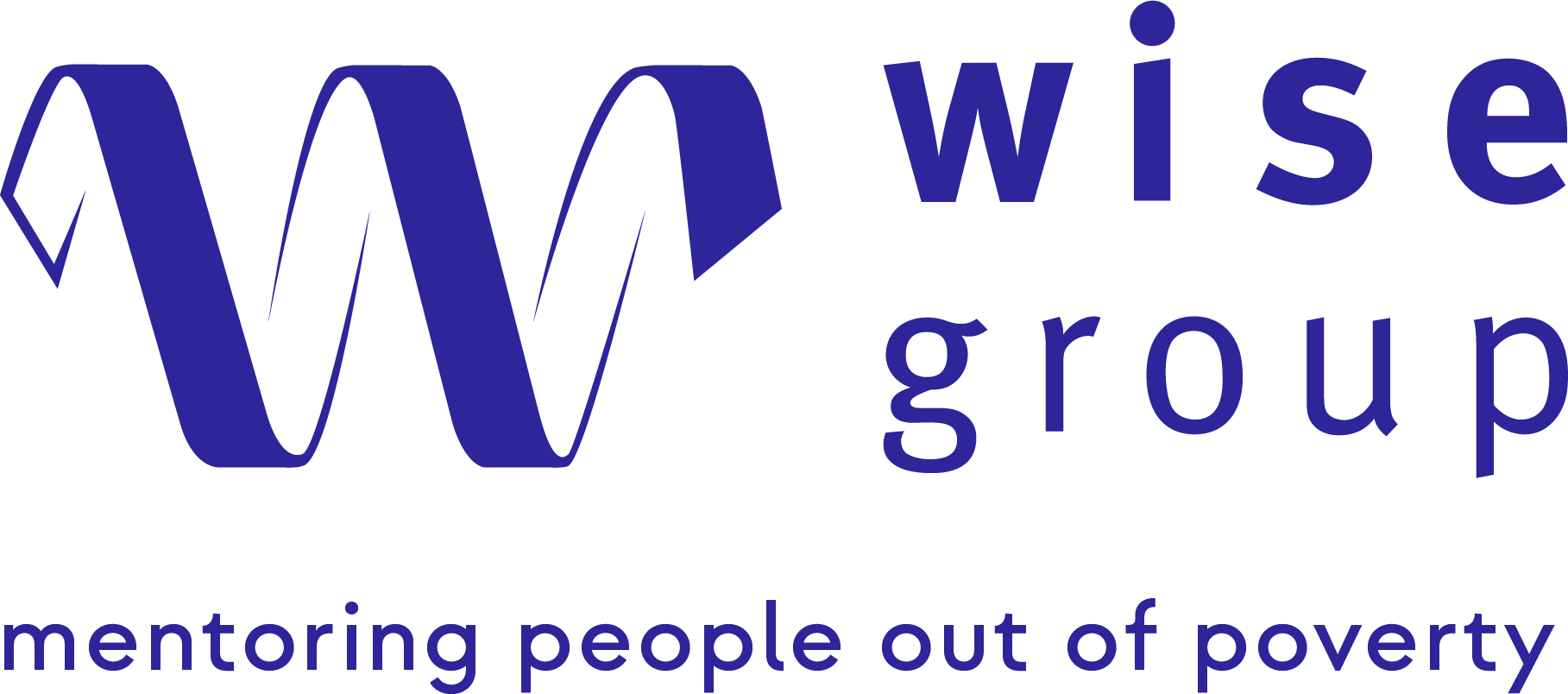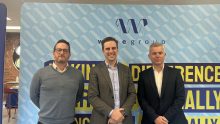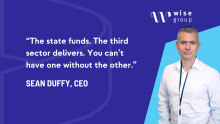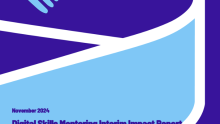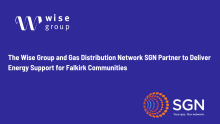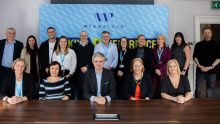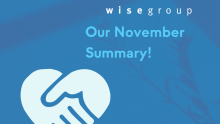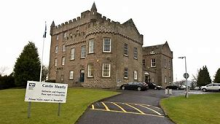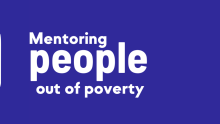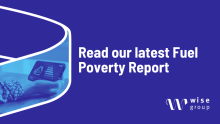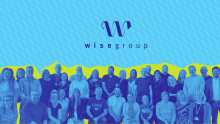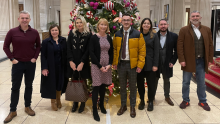By Victoria Carson, Engagement and Influence Director at The Wise Group:
Balancing short and long-term demands is always a difficult task. Never felt more than during the height of the pandemic when organisations across Scotland came together to set out new commitments to joint action to deal with the COVID pandemic and its impact on the most vulnerable households.
Communities pointed to, amongst other things, the growing vulnerability of Scotland’s powerful community ecosystem – GP surgeries, schools, businesses, waste, transport, mental health, prisons.
Yet these core, interconnected systems also offer a vital tracing paper sketch for how the challenge to our recovery can be best addressed. A holistic ecosystem through which the expertise of Relational Mentors and Communities feed directly into policy and action, and where collaboration and co-creation are foundations of sustainable futures.
Rehabilitating Scotland
Relational Mentoring is a cornerstone of this ecosystem. It’s a framework through which we deliver support on a national scale with local delivery. It is built with over ten years of frontline delivery experience and continually improved in line with our evidence base. Data-led, assessments are at the core, enabling us to demonstrate the lasting impact on lives that sticks.
In the case of short-term prison leavers, engaging in Wise Group Relational Mentoring leaves just 10.5% of participants returning to prison within a year against the national average of 28.6%. This ‘voluntary throughcare’ for one individual (which can last up to a year), costs less than 3% of the cost of (re) incarceration.
A new report from Fraser of Allander ‘Rehabilitating Scotland’ suggests that the longer individuals engage with this mentoring programme, the better the outcome. Mentors ensure that individuals are able to engage with the ecosystem they need to get back on track and steer clear of the duct tape solutions. This is no starker than in drug misuse, with 70% seeing an improved situation when they stay on the mentoring programme, compared to 30% who leave early.
The report highlights that where staples such as stable housing, financial inclusion, employment, and functional relationships are otherwise out of reach, positive change is sought by enabling the effort to aspire for it. This means, sometimes, providing non-judgemental emotional support and setting short term objectives towards finding accommodation, engaging with addiction services, developing skills, building confidence, or repairing a relationship. In these Mentoring journeys, the struggle itself is inherently meaningful. It is meaningful for individuals who aspire for better life chances and also for our wider community ecosystem.
Linking Politics and Insight has never been more necessary
A quick fix can mean that all too soon we pick up where we left off. When it comes to impactful investment and solutions Insight can inject much-needed evidence into public policy. And yet evidence and research don’t always make their way to where it matters, and that vital expertise may go unheard.
While linking the world of ‘customer’ Insight with the world of politics has never been straightforward, Social Enterprises make a vital contribution to solving civic challenges, and associated Insight from their activity is critical to meeting Scotland’s ambition, to deliver solutions that lead to sustainable improvement in people’s lives.
With the breadth and reach of our holistic support for individuals and these frameworks for Relational Mentoring in place, our community ecosystem has every potential to turn the ambitions of Scotland into reality. Its success, however, rests on how well its different parts are glued together.
